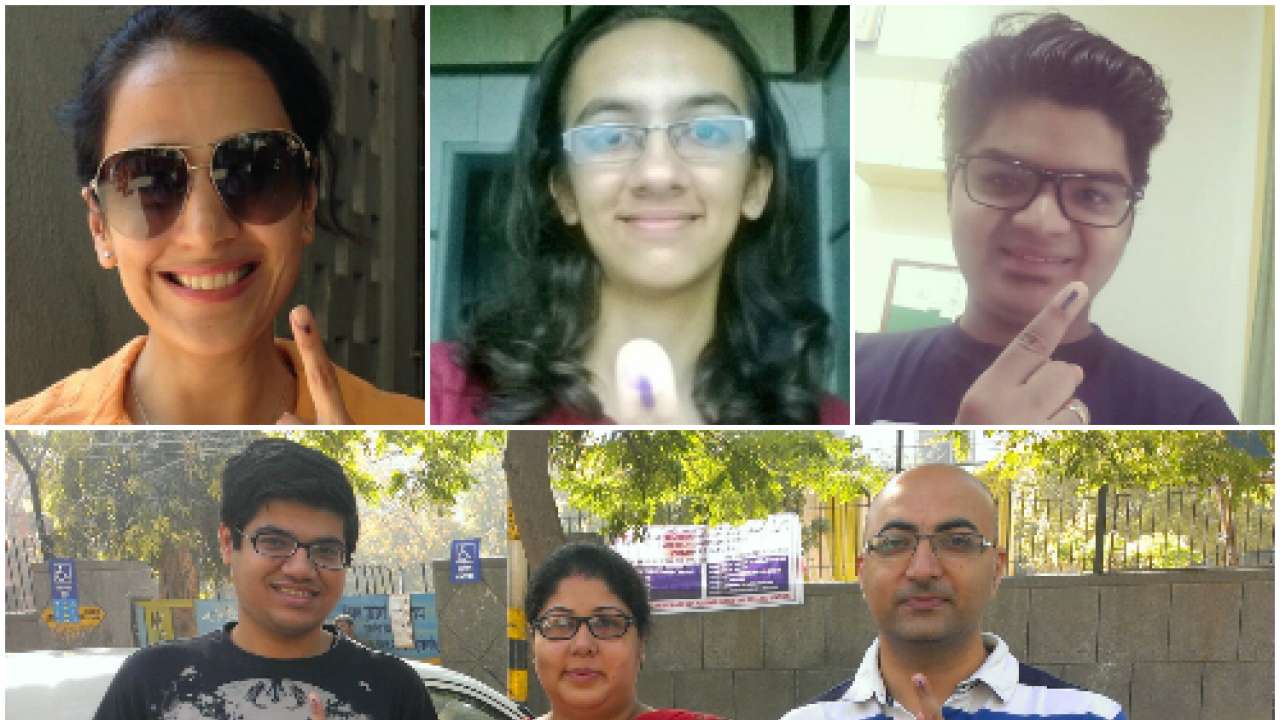
On April 5, I read an article in the Los Angeles Times on the presidential election that just took place in Afghanistan. The Taliban, for weeks before polling, had been threatening to kill Afghan citizens if they participated in the democratic process of voting. So, a 52-year-old farmer drove to a quiet provincial capital the night before voting, where government security forces patrolled the streets. Early next morning, he voted and went back to his village. The article further marvelled at the increase in fresh voter cards. 3.6 million cards were issued, which is a significant amount considering the total turnout in the 2009 election was around 4.6 million.
While recounting the atmosphere during India’s first general elections in 1951-52, Ramachandra Guha wrote in one of his pieces, “A scholar from the London School of Economics described how a young woman in Himachal walked several miles with her bent mother to vote. For a day, at least, she knew she was important.” Guha further mentioned how “a Bombay weekly marvelled at the high turnout in the tribal forest districts of Orissa.”
In this context, the safe, secure, and literate urban middle class voters of Bangalore and Mumbai should certainly introspect. 55% turnout in a city considered India’s ‘tech-capital’, and 53% in the ‘commercial capital’ is a poor show. Even states like Manipur and Jharkhand, which are plagued with militant attacks and Maoist problems, saw a robust voter turnout. Andhalewadi, a remote village in Maharashtra’s Beed district, registered 82% voting. The only silver lining, though, is that both Mumbai and Bangalore exceeded their previous dismal tallies of 43% and 46% respectively.
Discussing politics and cussing our netas is a favourite pastime of the urban middle class over dinner and drinks. So, not going out to vote is a manifestation of their hypocrisy. In that sense, someone who does not vote, just because he is lazy, is tantamount to the NRI, who pretends to care about his homeland by uploading a few Facebook statuses.
However, the moot question is, from where does this indifference and apathy of the urban middle class creep in? One of the reasons could be that the middle class does not have to face the direct consequences of the rot in our system. On the contrary, they are the beneficiaries of it. There must be a reason why Arvind Kejriwal’s major chunk of support comes from the jhuggi-jhopdis and the deprived, while the middle class and the elite look down upon him. The system has always worked for those who find themselves in the top half of the pyramid. What Kejriwal did was reverse the pyramid and that must have made the elite a bit insecure.
While we all boast about the need to have a disciplined and transparent system, the downside of it is that one phone call will not ‘get the job done’, which the urban middle class has become used to. However, this indifference is not something new. Even during the Emergency, a large chunk of the urban middle class was fine with it as their day-to-day life was unperturbed.
It is only when the cost of petrol goes north that the middle class gets a bit fidgety. When the recent Campa-Cola fiasco occurred in Mumbai, there were large billboards from the residents, appealing to fellow Mumbaikars to partake in their plight as the whole colony was found illegal and they had to evacuate their houses. However, did any member of that colony ever care or even sympathize with people living in slums, who are rendered homeless within the blink of an eye?
Having said that, this scenario throws up a question: what is it going to take for the urban voters to realize the importance of voting and the privilege of living in a democracy?
When I was in China, a local taxi driver told me about a bullet train accident. It was speculated that more than half the passengers had died, but nobody knew the exact number. Many people did not even know such a thing had happened.
There is a line in Steve Waugh’s book: “You do not know what you have got until it is lost.” One wonders if the urban middle class of India suffers from the same illness.